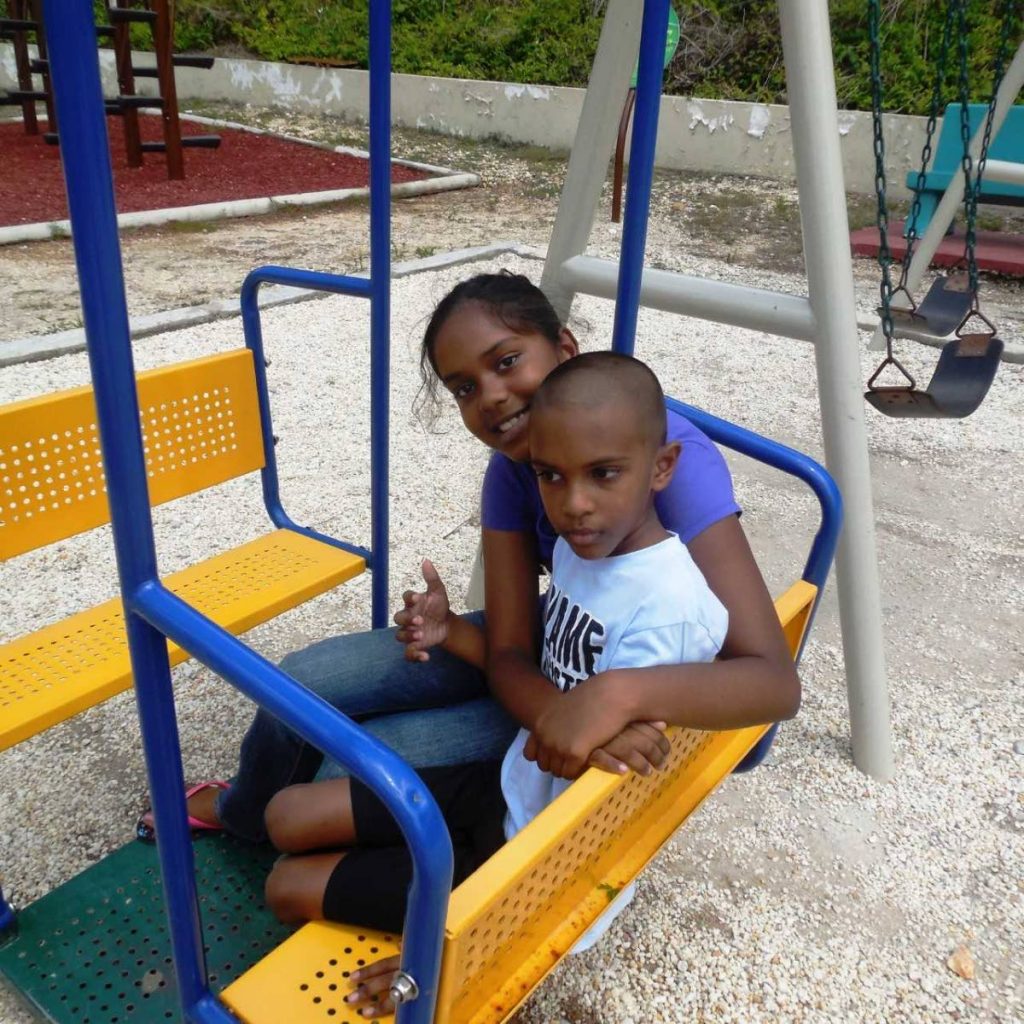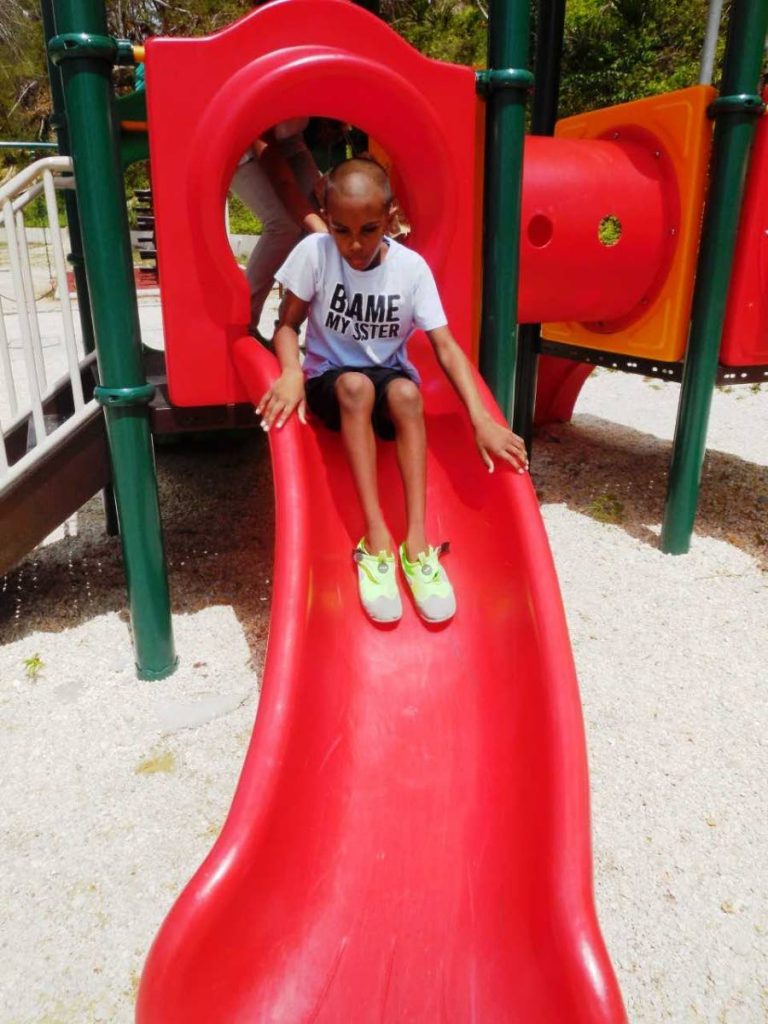It takes a community to raise a child with autism

DR RADICA MAHASE
A couple of years ago there was a post on the Facebook page of a south-based community group in which the mother of a five-year-old girl said she went to a local play park and there was a mother with a little boy, about six-year-old, who had autism. She said the child with autism was having a meltdown and she didn’t understand why his mother would bring him in a public place when he behaves like that. She was afraid that the boy would hurt her daughter and said it was unfair that the parents who were there had to leave with their children.
The comments on her post sympathised with her, expressed frustration that that mother has been taking her son to the play park “with no consideration for the other children” and the discussion centered on what could be done to stop her from bringing the child there.
One comment that stood out though, the only comment that didn’t agree with the post, noted that it was a public space and that the mother had every right to take her son to the play park. The commenter also suggested that maybe when the child was having a rough time the other parents could be nicer to the boy’s mom, maybe even ask how they could help and maybe they could use those times to teach their own children about autism and being different, special needs, etc.

Incidents like this just remind us of the importance of having an empathetic community when raising a child with autism or any other special needs, for that matter. And in this case, community is used in general – whether it’s the local community where the child resides or the school community, or even the extended family community. When a child grows up in a community which understands, accepts, accommodates, or even a community that just respects individuality, the child will feel a sense of belonging and security which goes a long way in helping him/her to live a more fulfilling life on an everyday basis.
Usually, the initiative to make others understand autism and a child’s special needs come from the parents and siblings. They are the ones who have to constantly explain their child’s behaviour. The thing is, while parents are their child’s main campaigners, it is extremely exhausting to have to take care of the child’s special needs and have to constantly campaign on behalf of the child at the same time. The mother in the park above was just trying to find opportunities for her child, she wanted her child to be able to come out and play and have a good time. Not every day would be perfect days but when those rough days happened, she didn’t need to be made to feel even worse by parents who didn’t understand her situation. What the other mothers could have done was to approach her on one of the good days, or at another time, and enquire how they could have helped or what they could have done to make both her and the child’s experience in the park a better one, rather than finding ways to keep them out of the park. As individuals we need to take responsibility to make the entire community a better one.
In fact, we can promote a sense of understanding and acceptance within every community with simple sensitisation programmes. One suggestion is that the initiative comes from the regional corporations and the constituency offices.
Dr Radica Mahase is founder/director, Support Autism TT


Comments
"It takes a community to raise a child with autism"